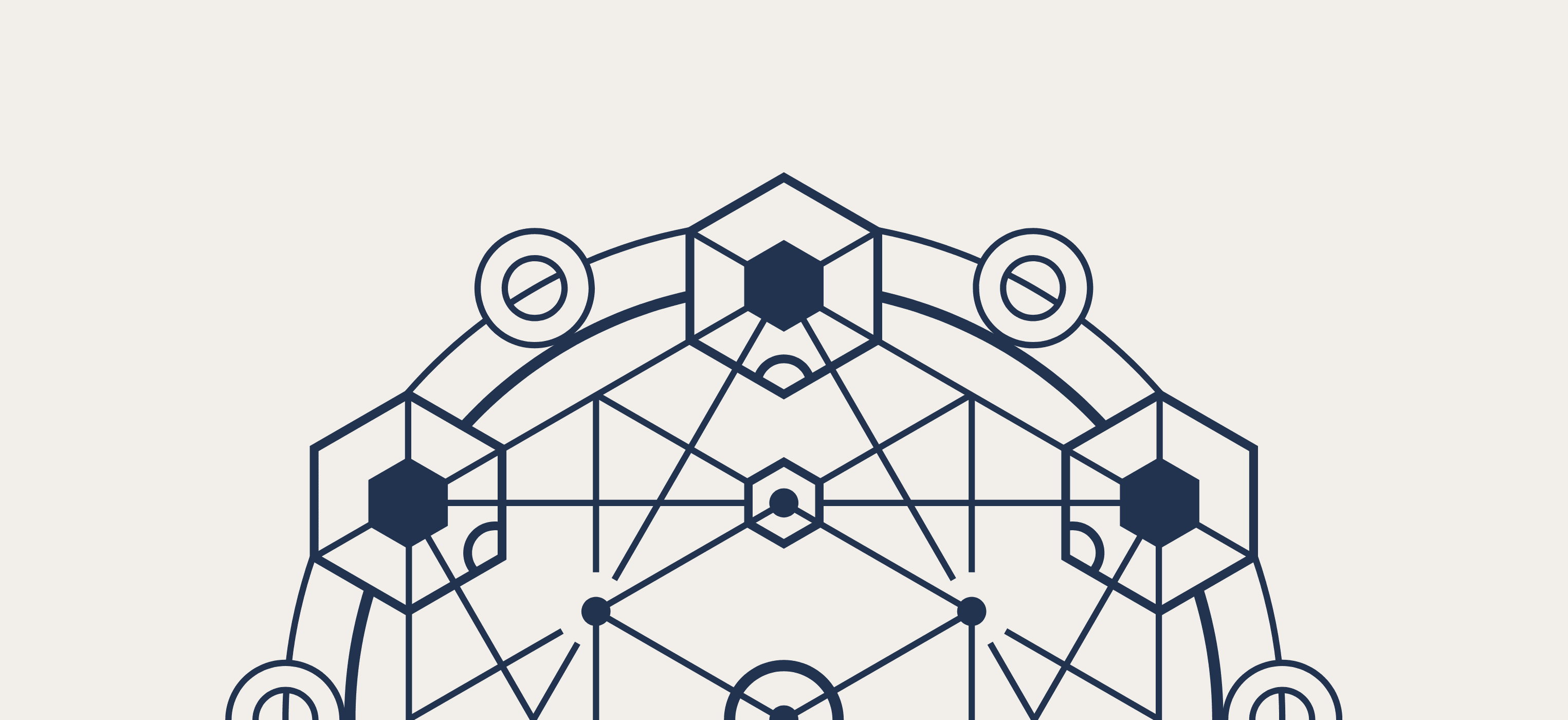Using Science to Optimize Sleep, Learning & Metabolism — Episode #3
Curated from: Huberman Lab
Ideas, facts & insights covering these topics:
10 ideas
·6.53K reads
29
Explore the World's Best Ideas
Join today and uncover 100+ curated journeys from 50+ topics. Unlock access to our mobile app with extensive features.
Light
- Consider how much sunlight or bright light exposure you get each day and record the times to identify any patterns. Getting adequate light, especially in the morning, helps entrain circadian rhythms.
- Moonlight and firelight will not disrupt circadian rhythms or wake you up, since they lack the intensity and blue wavelengths to stimulate the photosensitive retinal ganglion cells involved in circadian regulation.
- Red light may benefit mitochondrial function in photoreceptors if used briefly in the morning, but is too bright for use at night.
40
868 reads
Temperature
- Core body temperature follows an endogenous circadian rhythm that influences wakefulness and sleepiness. It is usually the lowest around 4 AM and peaks 12–16 hours later between 4-6 PM.
- Temperature changes can shift circadian rhythms and wakefulness. Exercise, cold exposure, hot showers or saunas at different times of day will have different effects. Doing so in the morning advances your rhythm, at night delays it.
- Cold showers or ice baths in the morning increase alertness in the short-term and may increase metabolism by activating brown fat thermogenesis if shivering occurs.
42
761 reads
Exercise
- Exercise provides an opportunity to train your circadian rhythm. Doing so at the same time each day develops an anticipatory response to wake up.
- The type, intensity, and timing of exercise depends on individual needs and schedules. Cardiovascular or resistance exercise can be done whenever works for you, but around 30 minutes after waking or 3–4 hours after tends to optimize performance and minimize injury risk.
- Pay attention to your sleep need and recovery in relation to exercise intensity. If exercise is too intense for your current capacity, you may feel persistent fatigue or sleepiness.
44
706 reads
Food
- The foods you eat can influence neurotransmitters and wakefulness or sleepiness. High protein or high carb meals, as well as meal volume and timing, activate changes in body temperature, blood flow, and hormone release that modulate arousal states.
- Foods high in tyrosine (meat, nuts) support alertness by increasing dopamine and norepinephrine. Foods high in tryptophan (turkey, fish, carbs) increase serotonin and sleepiness.
- Smaller volumes and fewer carbs support wakefulness. Larger, high-carb dinners often aid sleep.
44
684 reads
Supplements
- There is little high-quality evidence for most supplements marketed as “smart drugs” or nootropics. They tend to provide a stimulatory “shotgun approach” rather than specifically targeting learning, memory, creativity, or mood. Use with caution.
- Magnesium, apigenin, and passionflower may aid sleep by increasing GABA, a calming neurotransmitter. Effects vary between individuals, so start with low doses.
- L-tryptophan or 5-HTP increase serotonin. While they may help some people sleep, the effects can disrupt sleep architecture and vary greatly between individuals. Higher is not always better.
41
639 reads
Seasonal Changes
- Melatonin signals night length to our cells and circadian clocks. As days shorten in winter, melatonin levels increase, correlating with lowered mood, metabolism, and fertility in many animals. Light therapy can help counteract this.
- Changes between the seasons significantly impact circadian rhythms, mood, metabolism, and hormone levels in humans. Some people are more strongly affected than others. Among those with notable changes, depression tends to be more common in winter.
39
595 reads
The Role of Sex Differences
- Males and females, on average, differ in traits influenced by sex-specific genes, hormones, and biology. However, there is significant overlap between the sexes and diversity within each sex.
- Females experience fluctuations in reproductive hormones, circadian rhythms, body temperature, and sleep across the menstrual cycle and during pregnancy and postpartum periods.
- Studies are revealing sex differences in areas like circadian rhythms, sleep, drug response, and mood disorders. A better understanding of sex differences could guide more personalized treatments.
37
594 reads
Considerations
- Choose one or two factors to change at a time and note the effects to determine what works best for you.
- Be cautious with any supplements and check with your doctor, especially if on any medications. Effects of the same compound can vary significantly between individuals.
- Neuroplasticity allows us to learn and change but requires consistency and repetition over time. New behaviors or habits feel unnatural at first but become second nature.
37
554 reads
Using Science to Optimize Sleep, Learning & Metabolism — Key Takeaways, Part 1
- Your circadian rhythm and sleep-wake cycle depend greatly on light exposure, temperature, feeding times, and physical activity. Make note of how these factors currently influence you.
- Increase light, especially sunlight, within 1–2 hours of waking. Dim light before bed. These help set your circadian rhythm.
- Exercise daily at the same time. This trains your body to be active at that time, even when you don't feel like it. But avoid intense exercise late in the evening.
42
563 reads
Using Science to Optimize Sleep, Learning & Metabolism — Key Takeaways, Part 2
- Eat your largest meal earlier in the day. A light dinner helps with sleep. Stay hydrated and avoid excess screen time, caffeine, or sugar at night.
- Start slowly and be consistent when implementing any new tools or protocols. Look for any resulting patterns to determine the right approach for your needs. Individualize.
- Age, sex, season, diet, and geography significantly impact your circadian biology, sleep needs, and cognition. Learn how these variables currently affect you.
42
573 reads
IDEAS CURATED BY
I share the best ideas from books, podcasts, and daily discoveries. Join me in learning something new every day.
CURATOR'S NOTE
The podcast discusses many factors that influence sleep, wakefulness, and cognition. It focuses on questions from listeners on a variety of topics related to neuroscience, biology, light, temperature, and behavior. Dr. Huberman highlight some key principles and tools for optimizing alertness, sleep, and learning.
“
Similar ideas
Read & Learn
20x Faster
without
deepstash
with
deepstash
with
deepstash
Personalized microlearning
—
100+ Learning Journeys
—
Access to 200,000+ ideas
—
Access to the mobile app
—
Unlimited idea saving
—
—
Unlimited history
—
—
Unlimited listening to ideas
—
—
Downloading & offline access
—
—
Supercharge your mind with one idea per day
Enter your email and spend 1 minute every day to learn something new.
I agree to receive email updates

